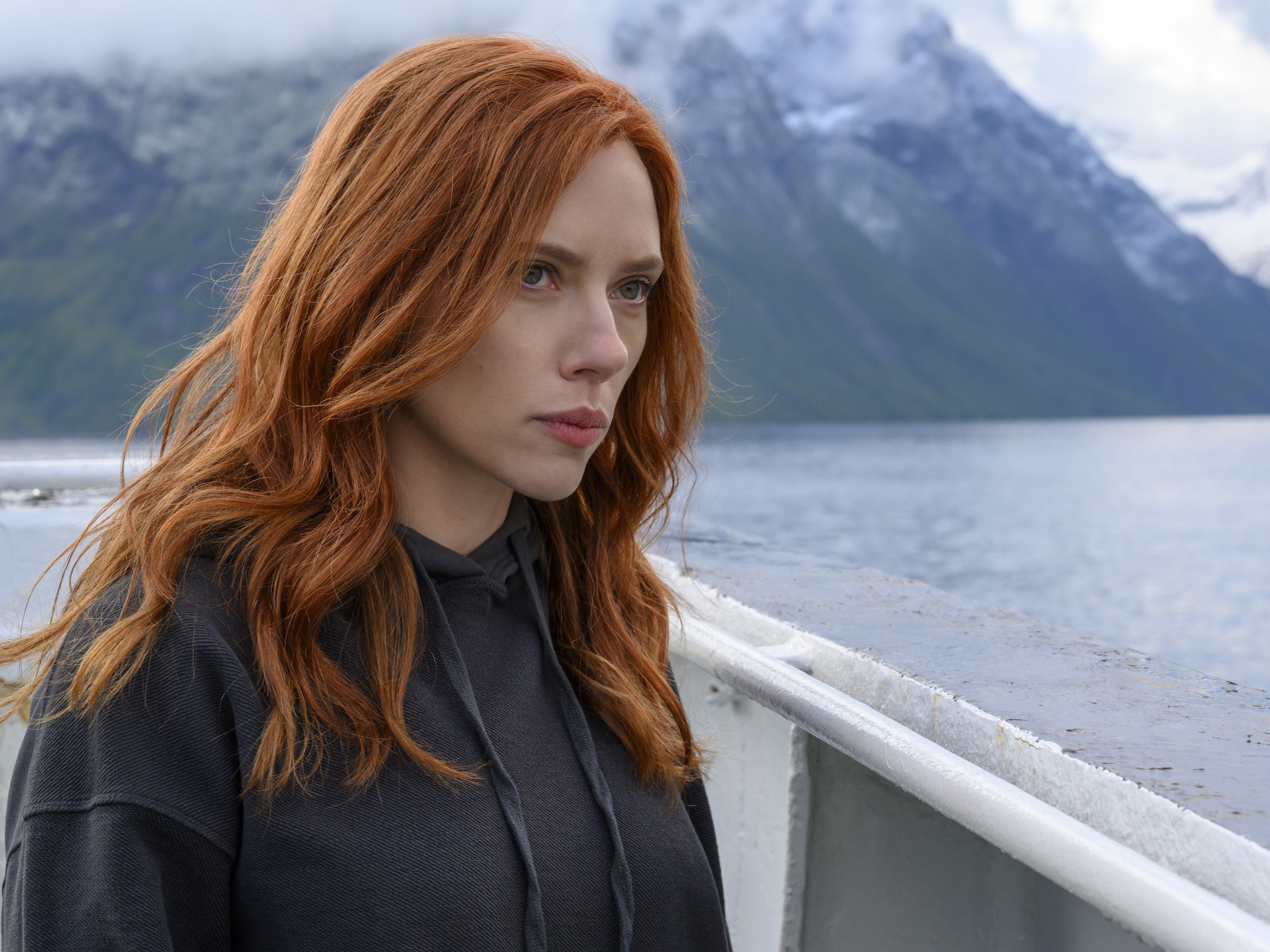Scarlett Johansson says she was ‘hypersexualised’ early in career as people thought she was older
Johansson made her acting debut aged nine
Your support helps us to tell the story
From reproductive rights to climate change to Big Tech, The Independent is on the ground when the story is developing. Whether it's investigating the financials of Elon Musk's pro-Trump PAC or producing our latest documentary, 'The A Word', which shines a light on the American women fighting for reproductive rights, we know how important it is to parse out the facts from the messaging.
At such a critical moment in US history, we need reporters on the ground. Your donation allows us to keep sending journalists to speak to both sides of the story.
The Independent is trusted by Americans across the entire political spectrum. And unlike many other quality news outlets, we choose not to lock Americans out of our reporting and analysis with paywalls. We believe quality journalism should be available to everyone, paid for by those who can afford it.
Your support makes all the difference.Scarlett Johansson has opened up about being “hypersexualised” in the earlier years of her career.
The Marvel star reflected on her experience of being “objectified” in Hollywood during a recent appearance on Dax Shepard’s Armchair Expert podcast.
“I kind of became objectified and pigeonholed in this way where I felt like I wasn’t getting offers for work for things that I wanted to do,” she said.
“But I remember thinking to myself, I was like, ‘I think people think I’m, like, 40 years old.’ It somehow stopped being something that was desirable and something that I was fighting against.”
The actor made her screen debut when she was nine years old in the 1994 film North.
Johansson, 37, said that the fact she was made to appear older in certain films changed people’s perception of her.
When Johansson was 17, she was cast opposite Bill Murray in Sofia Coppola’s 2003 film Lost in Translation, playing a character five years older than her.
“I think everybody thought I was older and then I’ve been doing it for a long time, and I got kind of pigeonholed into this weird, hypersexualized thing, I felt like it was over, kind of,” she said.

“It was like, that’s the kind of career you have. These are the roles you’ve played, and I was like, ‘This is it?’”
Johansson said that the landscape has shifted for younger actors now, such as Zendaya and Florence Pugh.
“They’re allowed to be all these different things, they can play all different things,” said the actor.

Watch Apple TV+ free for 7 days
New subscribers only. £8.99/mo. after free trial. Plan auto-renews until cancelled

Watch Apple TV+ free for 7 days
New subscribers only. £8.99/mo. after free trial. Plan auto-renews until cancelled
Johansson went on to note that while #MeToo has seen improvement in working conditions for young women actors, there is still a lot of work to be done.
She said: “I’ve come to this realisation that it’s important to understand progress and change when it’s really meaningful – it takes two steps forward and two steps back, and then it gets better and then it gets worse.
“It’s not finite. I think if you don’t leave room for people to figure it out, then the actual progressive change doesn’t really happen.”
The actor recently revealed how she and husband Colin Jost decided on the name Cosmo for their son.




Join our commenting forum
Join thought-provoking conversations, follow other Independent readers and see their replies
Comments